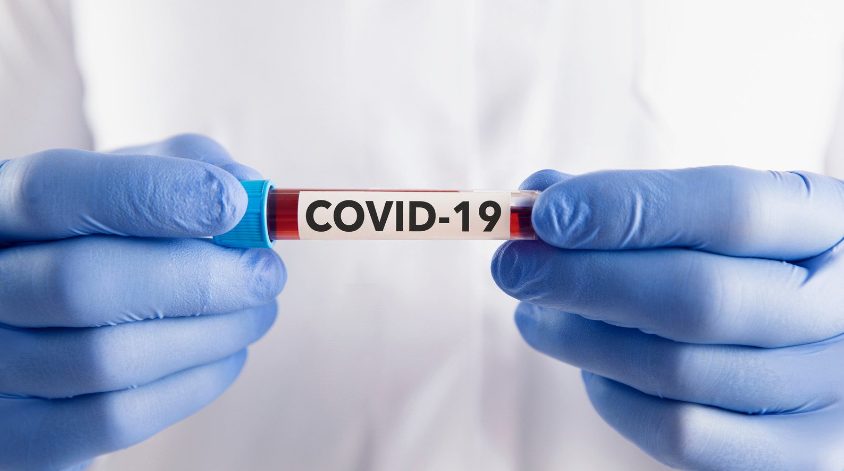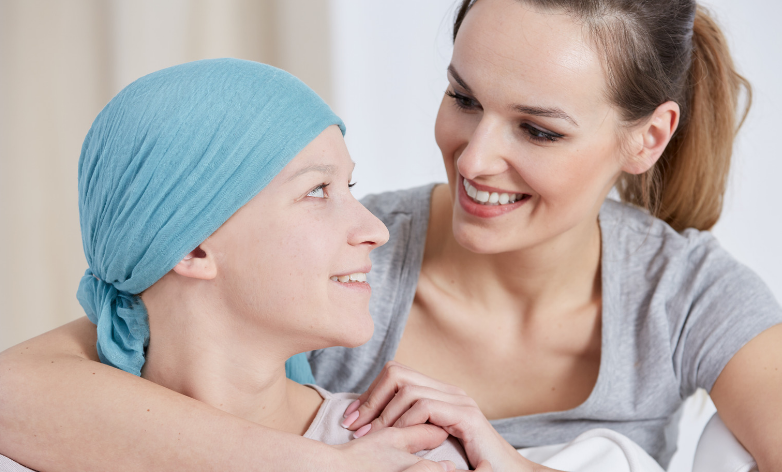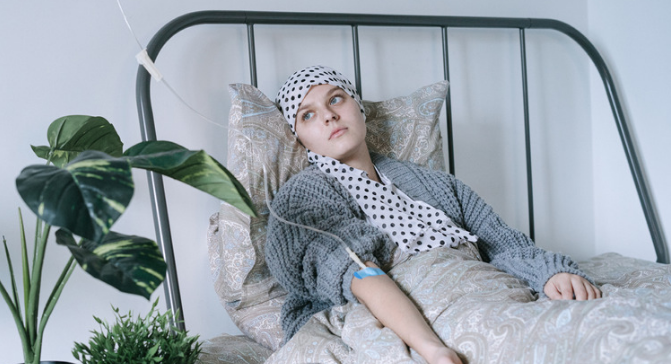Table of Contents
Getting diagnosed with cancer is among the most traumatizing experiences in one’s life. The process of internalizing the news and going through the grueling cancer treatment will affect every aspect of the patient’s lifestyle for a significant period of time. The already serious situation becomes even more complex due to the ongoing COVID-19 pandemic.
To slow down the spread of the virus, most governments have enacted strict countermeasures that affect hospital availability as well as cancer home care business for patients. These can range from mere inconveniences to serious hurdles that any immunocompromised patient must deal with.
At the same time, the cancer diagnosis affects the people around the patient as well. Relatives, family, and friends must all adjust their behavior to accommodate the needs of the one suffering from the terrible disease. In many cases, people do not know how to approach the subject and sufficiently express their support. You can try to pick several thoughtful gifts for chemo patients and arrange them in a care package. This will allow you to make the first step in discussing the issue.
The Impact of COVID-19
 The pandemic has significantly disrupted the healthcare sector as a whole, and the spectrum of cancer care is not an exception. Patients now have to endure potential delays in receiving the right diagnoses and necessary treatment and the halting of critical clinical trials. The healthcare systems have had to reorganize their cancer services under these strenuous circumstances to offer the best care that is currently possible while minimizing the chances of coronavirus pandemic exposure. This becomes even more important with the emergence of new, more potent COVID variants that are capable of spreading faster and more easily while also affecting more age groups.
The pandemic has significantly disrupted the healthcare sector as a whole, and the spectrum of cancer care is not an exception. Patients now have to endure potential delays in receiving the right diagnoses and necessary treatment and the halting of critical clinical trials. The healthcare systems have had to reorganize their cancer services under these strenuous circumstances to offer the best care that is currently possible while minimizing the chances of coronavirus pandemic exposure. This becomes even more important with the emergence of new, more potent COVID variants that are capable of spreading faster and more easily while also affecting more age groups.
Besides the physical aspects of the pandemic’s impact, we, as a society, should also acknowledge the mental stress that it creates. The pressure on cancer patients is even greater as the risks they face from the virus are far more serious and could lead to fatal outcomes. Isolating themselves from the world, their friends, family, or other people that can offer emotional support and watching the news about the continued spread of the latest COVID variant and the resulting increase in detected cases could mentally drain even an otherwise healthy person and lead to emotional numbing, lack of motivation, and constant fatigue. All these could already be plaguing the mental well-being of the cancer patient and could become further exacerbated by the imposed social distancing.
Supporting A Cancer Patient
There are millions of people living with cancer, and each of their journeys is unique. Each person requires different types of support in different areas of their everyday lives. As such, it is impossible to create a guidebook that is 100% accurate. Still, there are certain things that you should strive to offer and some that should be avoided at all costs.
1. Talking To A Cancer Patient
 Patients have to deal with a dangerous mix of emotions brought on by the disease. Anger, fear, sadness, confusion, helplessness, and many more can intertwine and overwhelm anyone. That is why having a stable support group of friends, family, or even other patients who are currently going through similar ordeals is of vital importance. The first step is to start talking. Do not be afraid to approach the person and ask them how they are without being too nosy. Stay respectful and look for the right cues before proceeding with follow-up questions.
Patients have to deal with a dangerous mix of emotions brought on by the disease. Anger, fear, sadness, confusion, helplessness, and many more can intertwine and overwhelm anyone. That is why having a stable support group of friends, family, or even other patients who are currently going through similar ordeals is of vital importance. The first step is to start talking. Do not be afraid to approach the person and ask them how they are without being too nosy. Stay respectful and look for the right cues before proceeding with follow-up questions.
Equally as important is to learn how to listen. Cancer patients have myriad colliding thoughts, and many times they just need someone who can sit there and listen to them thinking or venting their frustrations out loud. Try to be an active listener, though. Show interest with your whole body, not just an occasional response. Even if the topic moves on to unpleasant subjects that you would prefer not to think about, such as death, do not stop the conversation and run away. Listen to the worries of the cancer patients. In addition, while it is true that actions speak more than words, do not forget to show your love and affection through the simple gesture of saying ‘I love you.’
2. How To Act?
 Do not forget that the cancer patient is a human being with diverse interests and needs. Fixating solely on the diagnosis and treatment, trying to pamper them at all times, controlling their activities, or trying to do every little thing alongside them could be counterproductive. The patient is still an individual with pride and self-respect. Indeed, in most cases, they may like to remain as autonomous as before the diagnosis and would appreciate it if their friends and family treat them the same way as well.
Do not forget that the cancer patient is a human being with diverse interests and needs. Fixating solely on the diagnosis and treatment, trying to pamper them at all times, controlling their activities, or trying to do every little thing alongside them could be counterproductive. The patient is still an individual with pride and self-respect. Indeed, in most cases, they may like to remain as autonomous as before the diagnosis and would appreciate it if their friends and family treat them the same way as well.
3. Things To Avoid
 Although you may have good intentions, certain actions, questions, and phrases could have a negative effect. For example, pestering the cancer patient with questions about how they feel or stating that you know exactly how they feel should be avoided. Even if you yourself have gone through similar cancer treatment, keep in mind that each person is unique so they could have an entirely different physiological and mental response.
Although you may have good intentions, certain actions, questions, and phrases could have a negative effect. For example, pestering the cancer patient with questions about how they feel or stating that you know exactly how they feel should be avoided. Even if you yourself have gone through similar cancer treatment, keep in mind that each person is unique so they could have an entirely different physiological and mental response.
Many people deal with stressful situations with humor as this allows them to minimize the perceived consequences. Unfortunately, cracking jokes all the time while completely ignoring the topic of the cancer diagnosis could leave an impression that you simply do not care. Avoid making comments about the appearance of the patient, even if you are trying to compliment them. The person is acutely aware of the changes to their body and may not need to be reminded about them.
Cancer has remained one of the scariest diseases that still plague our society. And the global circumstances brought on by the COVID-19 pandemic have made the life of cancer patients even more difficult. That is why the support provided to the patient is now more important than ever. Be thoughtful and let the patient show what they are comfortable with and what they would prefer not to deal with.

